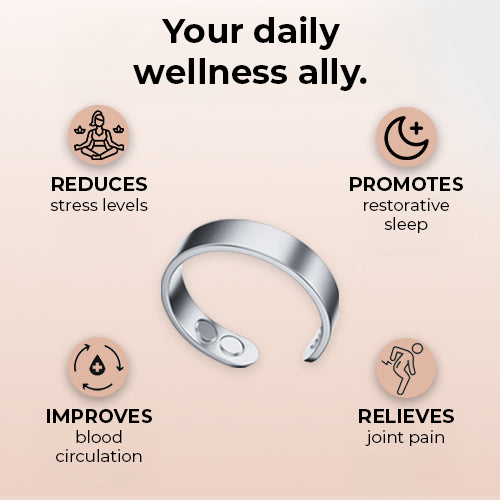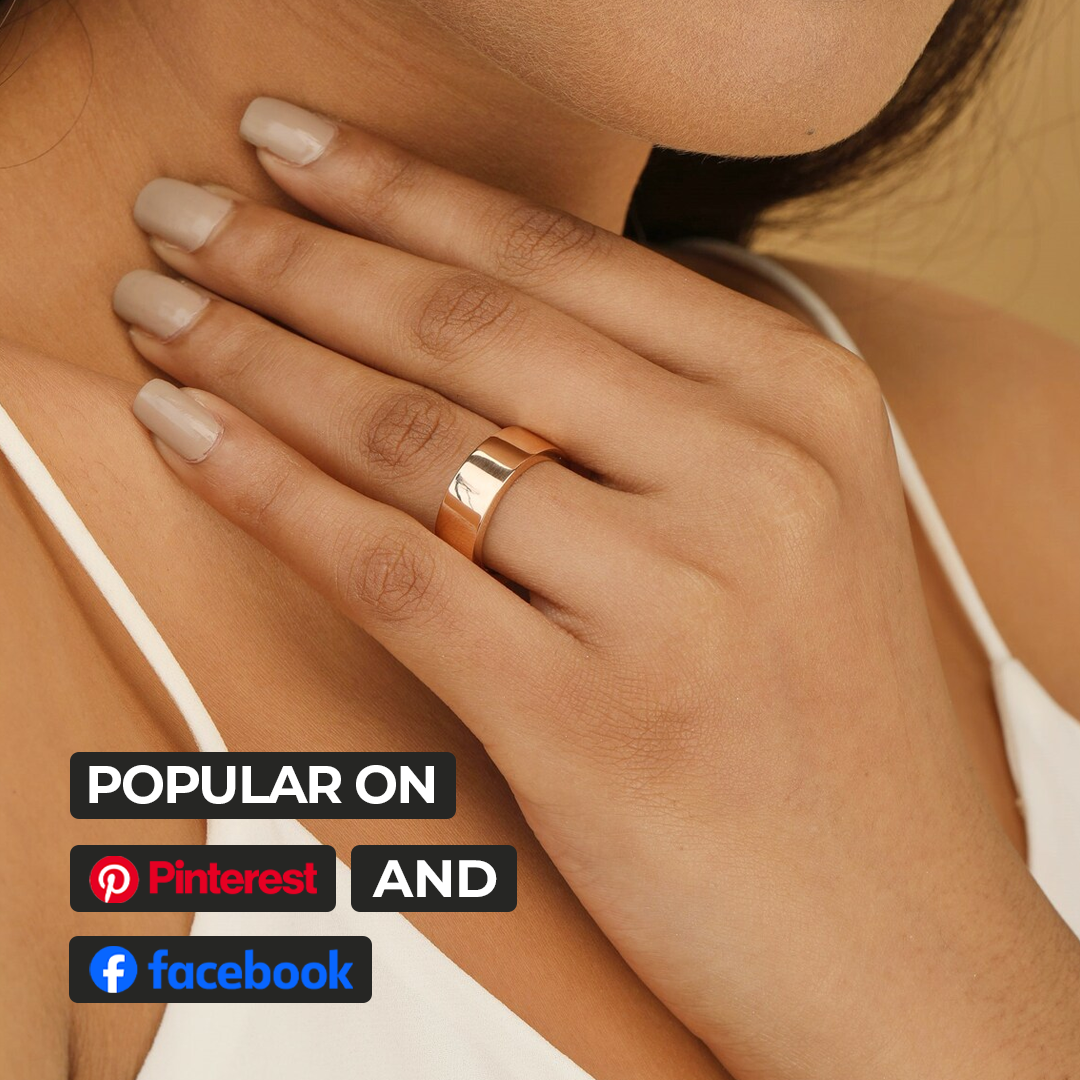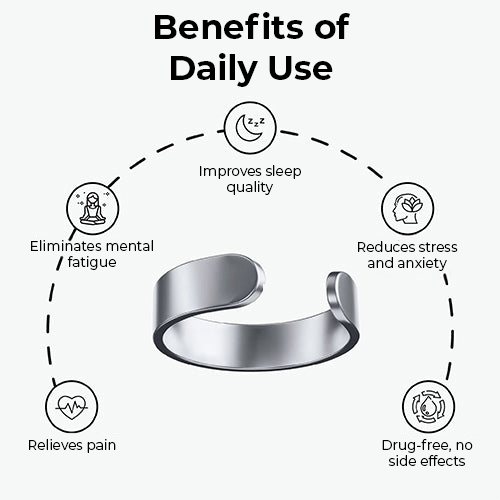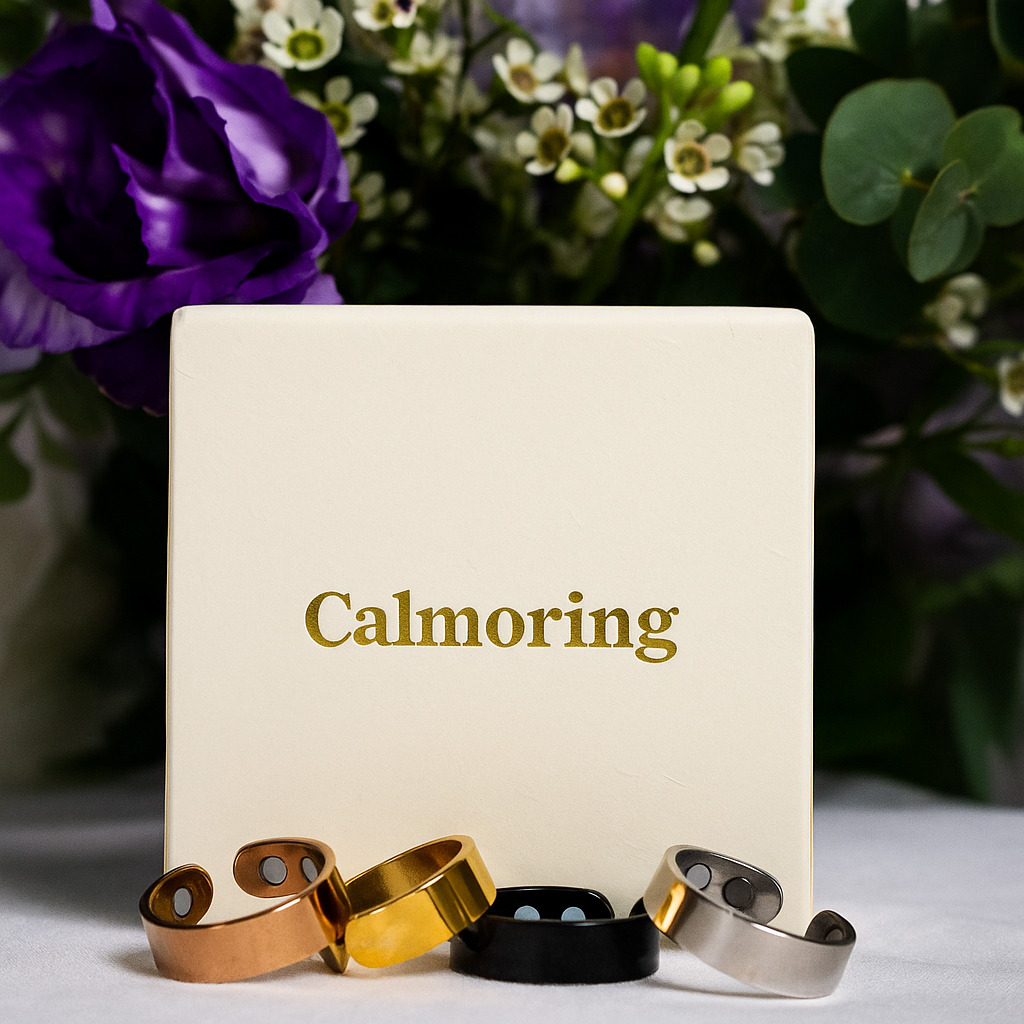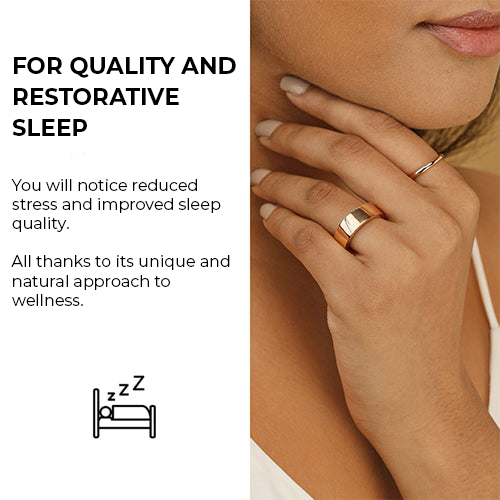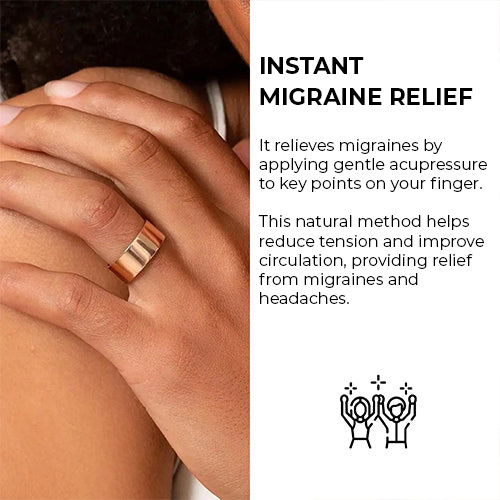Scientific evidence
Scientific Evidence — Calmoring™
Research-validated, science-backed
Clinical studies confirm that acupressure and biomagnetic stimulation can positively influence migraine reduction, sleep quality, and stress regulation.
📌 Migraine Relief — Clinical Results
- A meta-analysis of 34 clinical trials concluded that acupressure reduces migraine intensity and frequency more effectively than certain medications.
- A randomized controlled trial showed that auricular stimulation of migraine-specific points delivers significant relief within minutes (Allais et al., 2011).
- Acupressure proved more effective than muscle relaxants in treating chronic headaches, with benefits lasting up to six months (Hsieh et al., 2010).
📌 Sleep Improvement — Scientific Research
- An analysis of 23 clinical trials involving 1,689 patients confirmed that acupressure significantly improves sleep quality, with effects comparable to benzodiazepines.
- A controlled study in insomniac patients showed that auricular magnetic pellets improved sleep efficiency as measured by polysomnography (Lo et al., 2013).
- In a double-blind trial, pulsed electromagnetic-field therapy reduced sleep-onset latency and night-time awakenings, with 70 % of participants reporting marked improvement (Pelka et al., 2001).
📌 Stress & Anxiety Reduction — Measured Effects
- A meta-analysis of 27 randomized trials found that acupressure significantly lowers anxiety levels across diverse populations.
- An auriculotherapy study confirmed that magnetic ear stimulation reduces stress markers, with effects comparable to pharmacological treatments (Munhoz et al., 2022).
🧬 Physiological Mechanisms
- Trigeminal-nerve modulation: mitigates neurogenic inflammation linked to migraines.
- Vagus-nerve activation: promotes relaxation and pain regulation.
- Cortisol & melatonin regulation: stabilizes the sleep cycle and reduces stress.
- Neurovascular stabilization: corrects circulatory imbalances associated with migraines and sleep disorders.
🔎 All studies are sourced from peer-reviewed medical journals, including PubMed, NCBI, and ScienceDirect.

